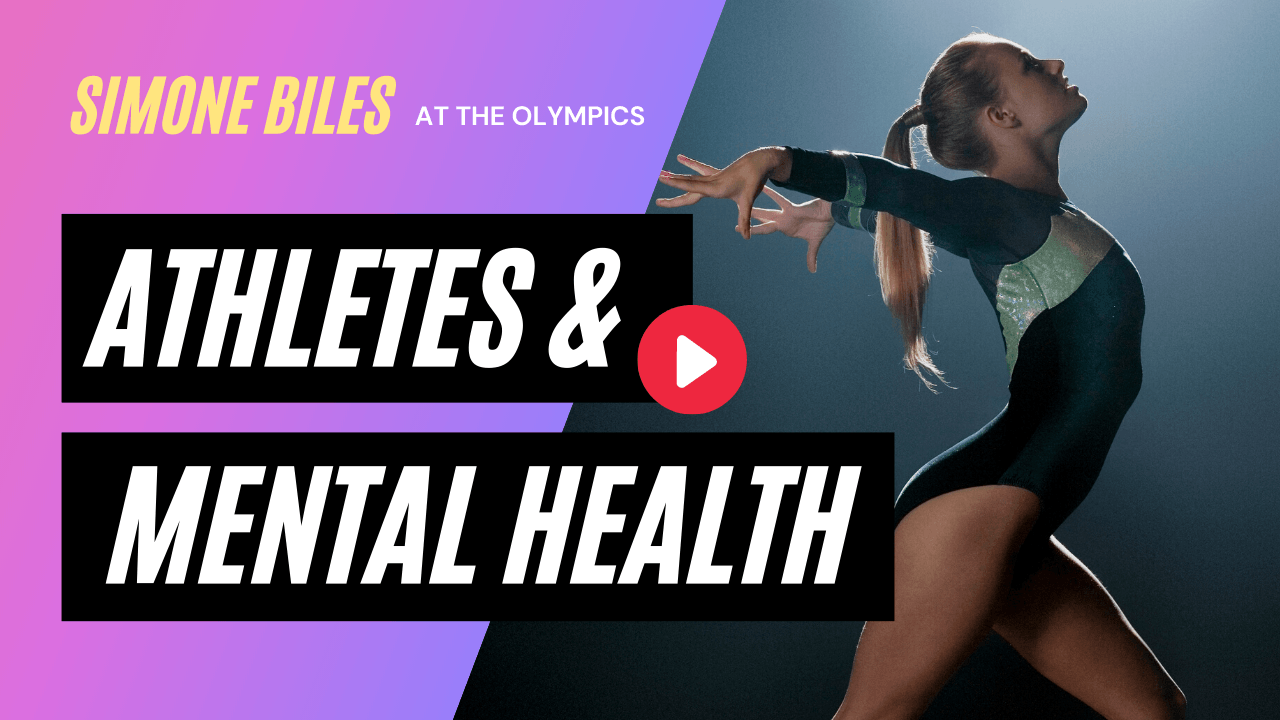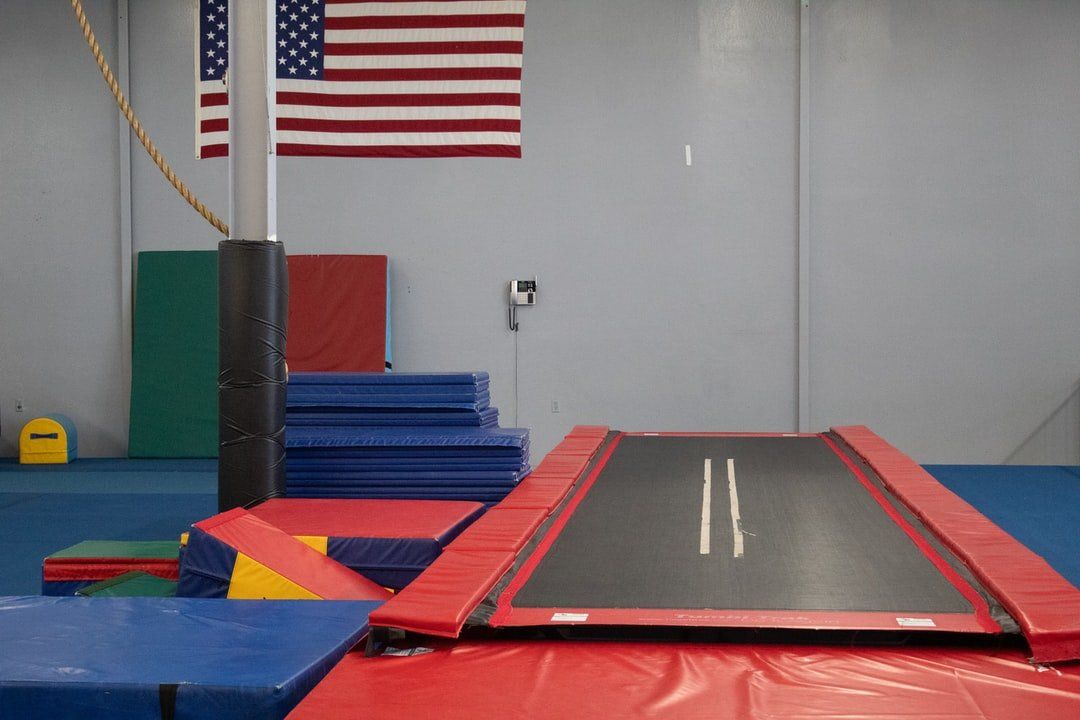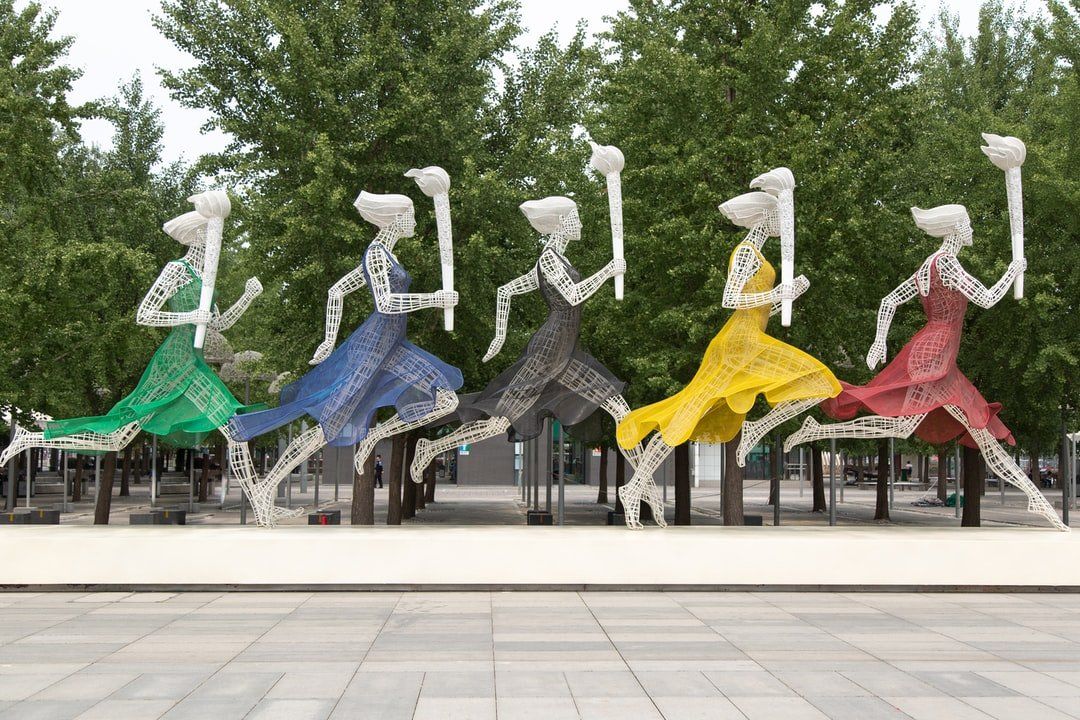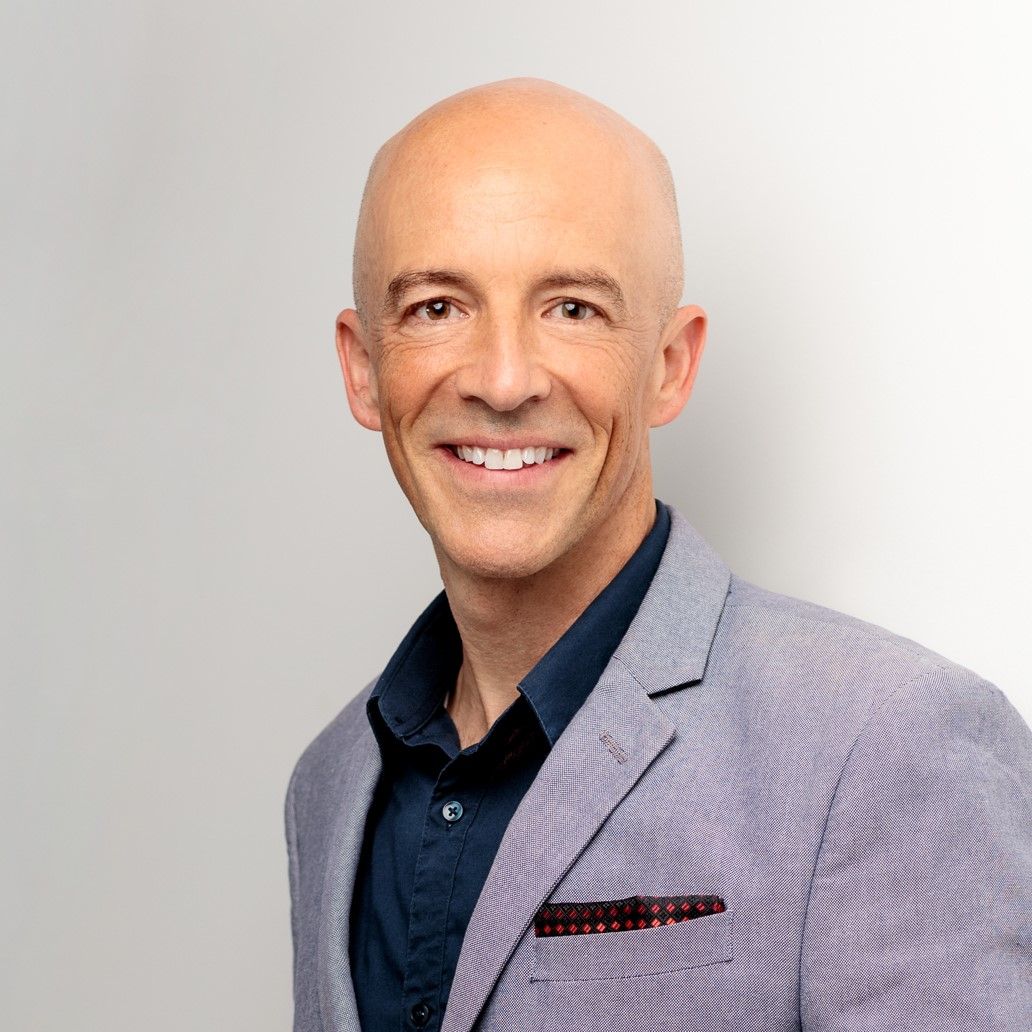Athletes and Mental Health. What the media got wrong about Simone Biles' decision to drop out of the Olympics.
There has been a lot of press about Simone Biles, arguably the greatest gymnast ever, who just bowed out of the Olympics, citing mental health challenges.
Unfortunately, but predictably, the media has either celebrated or condemned her actions, while misinterpreting her statements and overlooking her reason for quitting.
Watch the Video: Athletes & Mental Health
Simone Biles: Celebrated
and Condemned
On the one hand, the media is celebrating Simone for prioritizing her mental health, with some calling her decision to drop out "incredibly brave."
On the other hand, she is being condemned for being "selfish" and "a shame to the country."
Neither opinion is correct. Simone is not a shame to the country, nor is her decision to drop out incredibly brave. Simone simply had no choice but to quit. The stress had built up so much that she cracked, and this should be neither celebrated nor condemned.
Simone had a case of the
twisties, a physical disorientation that gymnasts sometimes experience under extreme stress. So for her to continue would have been dangerous and could have led to a very serious injury. Dropping out was the right decision.
The Media Pounces on Simone Biles
It’s what Simone said at the press conference (after dropping out of the team event) that the media pounced on:
“I say put mental health first. Because if you don't, then you're not going to enjoy your sport and you're not going to succeed as much as you want to. So it's OK sometimes to even sit out the big competitions to focus on yourself, because it shows how strong of a competitor and person that you really are — rather than just battle through it.”
The media took her statement and ran with it, with both fawning praise, and ignorant condemnation.
On the praiseful side, The Washington Post put out an article titled,
Rooting for Simone Biles means recognizing the greatness in her decision to step back.
The Post articles amplifies the wrong message. There certainly is no "greatness" in quitting. There can be prudence in quitting, but not greatness.
On the other end of the spectrum, talk show host Charlie Kirk condemns Simone's decision, going so far as to call her a "selfish sociopath.”
But the media's hyperbolic rhetoric misses the mark. The real reason why Simone quit was for her own safety. Having a case of the twisties could lead to a serious fall, and a serious injury. For her to continue would have been foolish. Period.
She wasn't being brave, and she wasn't being selfish.
Words, Intent, and Context
Another mistake the media made was to take out of context Simone's statement at the press conference where she says that it's okay to skip big competitions.
Simone's words here need to be connected in context to the first part of her statement where she says:
“I say put mental health first. Because if you don't... you're not going to succeed as much as you want to."
What Simone meant, I believe, is that if an athlete is
already feeling burned out,
already
suffering from serious anxiety or depression, that it's "okay to sit out the big competitions" in order to, as she says, "succeed as much as you want to" in the long run.
But the media loves to take things out of context. Simone was not advocating quitting just because the going gets tough, rather, she was saying that mental health is a huge factor in the success of any athlete and it should be prioritized, so that athletes
don't have to quit.
Watch what Simone says at the press conference here:
Simone Biles speaks after withdrawing from gymnastics finals.
A Lesson for Athletes (and non-athletes)
Simone's decision to drop out of the Olympics brings up a question we should all be asking: how can athletes (and non-athletes) mentally prepare proactively,
before big competitions (or other challenging events), so that they don't have to drop out?
It might be helpful to think of an athlete’s mental health like a thermometer. There is an optimum temperature in which the athlete performs at their best. The more external stressors that are added, the more the temperature rises, and sometimes things can boil over.
The key is to be mindful of all of your stressors, from your sport to your personal life to the world situation at large.
Stressors Stacking Up?
I believe
that Simone had too many
stressors that were stacking up.
One thing the media is not talking about enough is the mental stress of the Olympics' strict Covid protocols. Any athlete who tests positive for Covid is not allowed to compete and is placed into isolation.
Olympic alternate gymnast
Kara Eaker tested positive during the team’s Tokyo training camp, which certainly added to Simone’s (and her team's) anxiety. Would they get sick? Would they get kicked out of the Olympics?
Another big stress factor was the postponing of the 2020 games. Hopes were dashed and uncertainty prevailed. Perhaps Simone was suffering lingering effects of the postponement.
Simone also said that leading up to the Olympic finals she was feeling “the weight of the world” on her shoulders.
There were other variables which may have contributed to Simone's stress. Another quote from her at the press conference:
“I think just as a whole, not having an audience, there are a lot of different variables going into it, it's been a long week, it's been a long Olympic process, it's been a long year."
In Conclusion
Aside from my usual frustration with the media, my main message here is that athletes are human, and as such, need to be mindful of the stressors that they take on. Prioritizing mental health, yes, but
before things boil over.
Athletics is a beautiful art form and there's nothing wrong with competition. Athletes willingly partake in the challenge of sports and sometimes they surmount obstacles and sometimes they don't.
Quitting is also part of the game (and remember, it is just a game!). But quitting shouldn't be exalted and it shouldn't be admonished.
Let's neither celebrate nor condemn Simone's decision to drop out of the Olympics. She did the right thing to avoid injury. It's unfortunate, she's disappointed, and she's still a great champion.
Bonus: How to Prioritize Your Mental Health - 6 Ways
I would be remiss in my blog if I didn't offer some solutions following my (hopefully helpful) analysis.
So, what are some ways for athletes (and non-athletes!) to prioritize their mental health so that they
don't
have to
quit? Here are some simple yet effective ways:
1. Keep a journal.
Getting your thoughts onto paper is one of the best ways to assess your mental health. Things that you normally sweep under the rug will come up, and you can address them.
2. Don't isolate yourself.
Under stress, a lot of people isolate themselves. They don't want to burden their friends with their problems, or they feel embarrassed that they are not "strong enough." Reach out to your friends and family.
3. Take a vacation.
This might seem obvious, but even a small weekend getaway can freshen up your mindset and give you perspective.
4. Watch for symptoms.
Depression and anxiety have physiological symptoms. Sleep disturbances, appetite changes and tense muscles are just a few things to watch for. Don't ignore symptoms.
5. Get it off your chest. If something's really bothering you, it's usually better to talk about it than keep it to yourself. Lean on a trusted friend, or talk to a counselor.
6. Schedule breaks.
Just like muscles need rest after a hard workout, so too does the mind need a break. Don't just wait until you're not busy, actually schedule breaks during your day.
Hopefully this list helps you prioritize your mental health. If Olympic athletes can do it, so can you.
Are you an athlete interested in counseling? Check out my page
counseling for athletes.
Okay, everyone be well! 💪 🧠 ❤️





